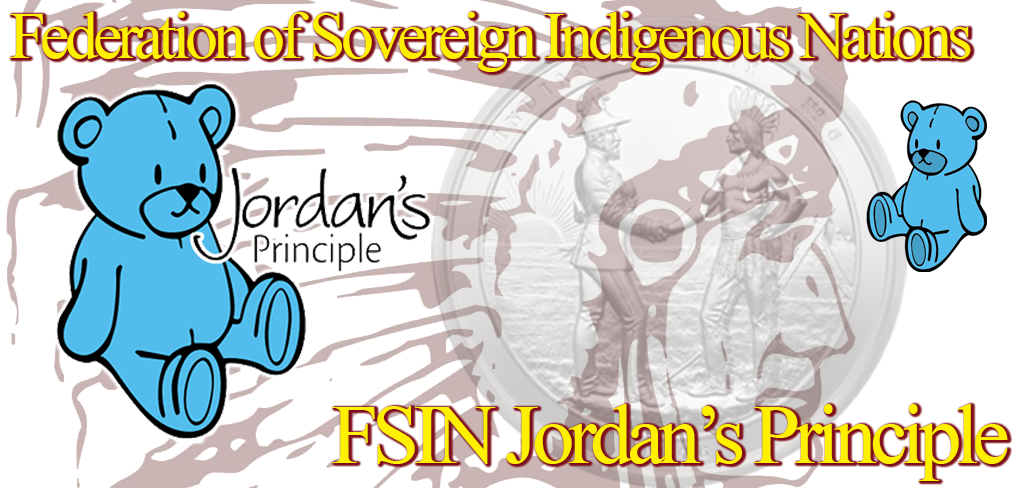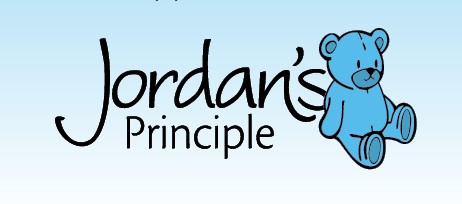
Download Forms & Documents
Jordan’s Principle Forms and Application both in Word and PDF
PDF document Downloads
FAQ
Please look at out frequently asked questions for more information
What is Jordan’s Principle?
Jordan’s Principle:
• Funds health, social and education products, supports and services for First Nations children across Canada.
• Applies to all public services, including services that are beyond the normative standard of care to ensure substantive equality, culturally appropriate services and to safeguard the best interests of the child.
• Provides payment for needed services by the government or department that first receives the request.
Who is eligible?
- Applies to all First Nations children, regardless of whether they live on or off-reserve;
- Is not limited to children with disabilities; and
- Under Indigenous Services Canada (ISC) policy, non-status children on-reserve are being considered eligible for coverage under Jordan’s Principle.
What is covered?
The services covered by Jordan’s Principle are as diverse as the First Nations children it serves. Any government-provided service available to all other children, including service assessments, is included in Jordan’s Principle coverage. If a service is not necessarily available to other children or is an exceptional service, the child will still have their needs evaluated to determine if the service will ensure substantive equality.
Examples of the services covered by Jordan’s Principle include, but are not limited to:
Health:
- Mobility aids
- Wheelchair ramps
- Services from Elders
- Assessments and screenings
- Medical supplies and equipment
- Mental health services
Social:
- Social worker
- Land-based activities
- Respite care (individual or group)
- Specialized programs based on cultural beliefs and practices
- Personal support worker
Education:
- School supplies
- Tutoring services
- Teaching assistants
- Psycho-educational assessments
- Assistive technology and electronics
If a service is not necessarily available to other children, or is an exceptional service, the child will still have their needs evaluated to determine if the service will ensure substantive equality. If this is the case, the government department first approached will pay for the service to ensure the child’s needs are met.
- Applies to all First Nations children, regardless of whether they live on or off-reserve;
- Is not limited to children with disabilities; and
- Under Indigenous Services Canada (ISC) policy, non-status children on-reserve are being considered eligible for coverage under Jordan’s Principle.
